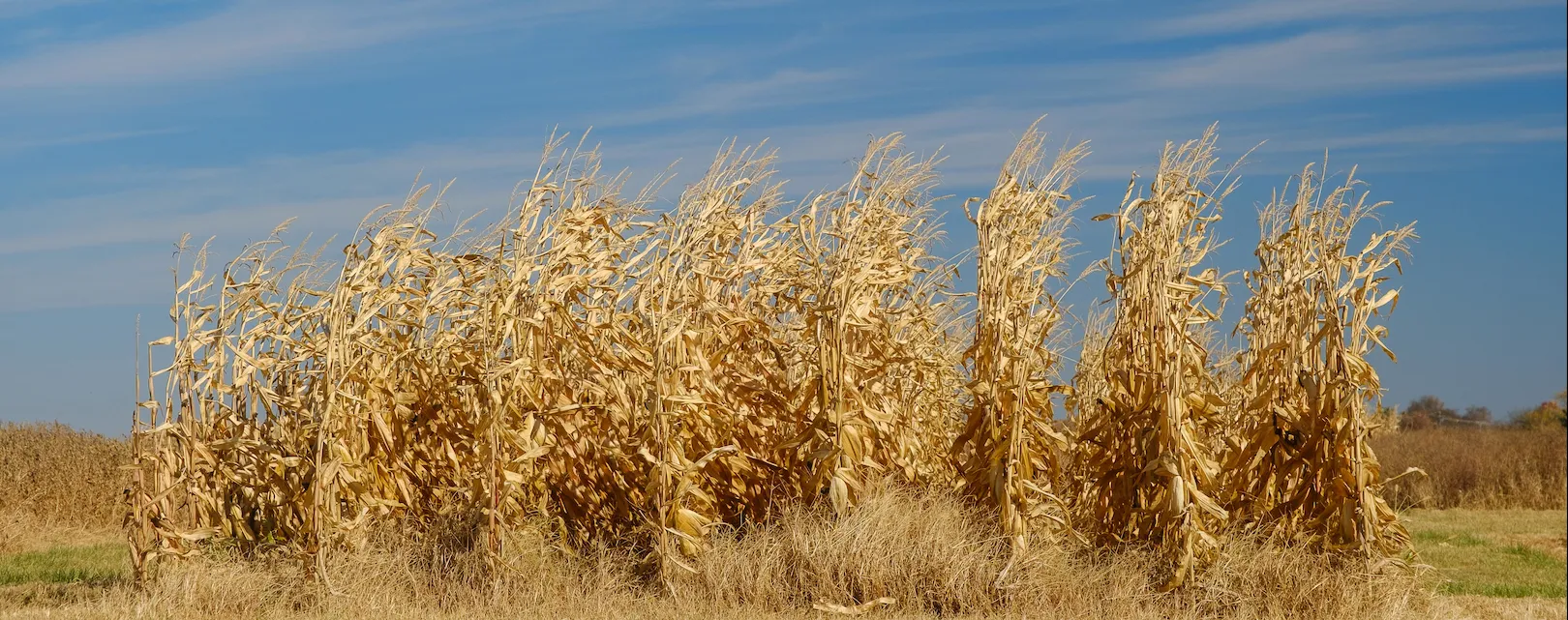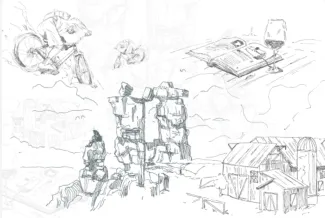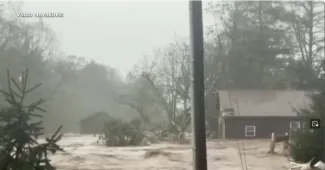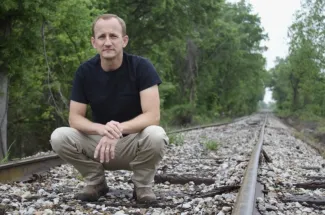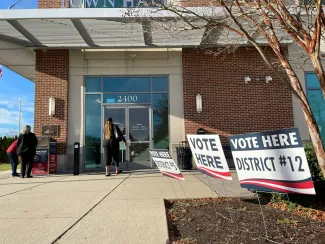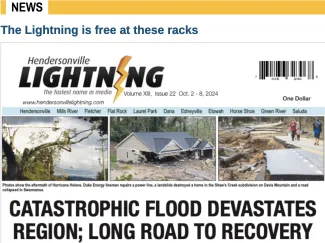When big grocery stores battle for market share, most chains deploy old-timey spies who sleuth prices, quality and customer behaviors. The "old-school tactics are fueling the government’s case against Kroger-Albertsons deal," reports Patrick Thomas of The Wall Street Journal.
As both presidential campaigns vie for votes in Wisconsin, some of the state's rural voters say election rhetoric has become harmfully divisive and tinged with racism, reports Dionne Searcey of The New York Times. In Sauk County, Wisconsin, residents can see their community's partisan divide by tallying neighborhood political yard signs.
The Federal Emergency Management Agency's flood maps don't include heavy rain and other water sources that put certain areas at risk. In regions of North Carolina, the agency's omissions left many homebuyers unaware and uninsured against the ravages of Hurricane Helene.
Nathan Casburn could be a poster child for a drug-addicted prodigal son, who threw away his farm and family for oxycontin and heroin highs. Casburn's story is a tale that resonates with opioid-ravaged families and reflects what the love of a father and the support of a rural community can do for addicts who want to go home and begin again.
Moss Brennan is editor of the Watauga Democrat newspaper in western North Carolina, and he also is a volunteer firefighter and an emergency medical technician.
In post-Hurricane Helene North Carolina, small mountain communities found communicating hard, so they resurrected the town meeting.
With November elections less than a month away, "lawyers at the Government Accountability Project, a nonprofit whistleblower protection organization, are preparing for a potential influx of calls from a new type of client this fall: election workers."
Lawmakers from both parties agree too many Americans are saddled with medical debt and the problem requires bipartisan intervention.
In the aftermath of terrible storm damage in the Carolinas, Georgia and Florida, many residents found themselves in dire need of reliable information about the damage and recovery efforts. Local media organizations stepped up with round-the-clock radio broadcasts, updated information online and even free newspapers.
